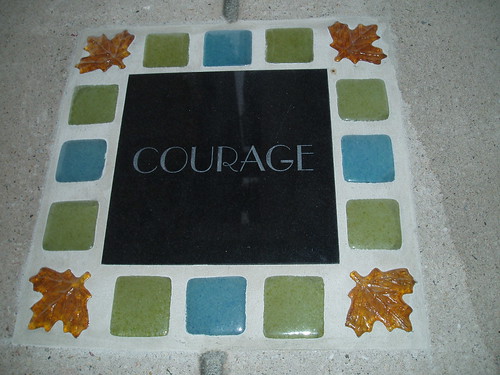
A couple more random thoughts about the speech below the fold (I'll likely add to this over the course of the day)...
More...
- Of course it wasn't just about policy (or, as Hogan aptly puts it, about governing); it was also about rallying the troops. I have a feeling, completely unsubstantiated except by anecdote, that there was an enormous mood swing over the last two days--from depression and panic to, at the end of last night, the sense that this is an unstoppable force. It isn't, of course--it's still going to be a tough fight--but Obama delivered on the hope in a big way, and I get the feeling people are energized as they have never been before.
- Prompted by an e-mail correspondend, Josh Marshall links to his initial reaction to Obama's 2004 convention speech. I like his closing:
Every great public speaker has an emotional touchstone, a tenor that resonates through all they say and do. Clinton's was empathy and expressive emotion -- something that many people gravitated to irresistibly, and others recoiled from. In that regard, Obama seems altogether different. That Clintonite element is barely present with him. The hallmarks are grace and power, even force. (Watch the hands and the eyes.) And that worked well with last night's invocation of national unity.
Grace and power are, I think, exactly the right words for what Obama projects at his best.
- Part of Obama's extraordinary success is that he makes people feel good about themselves--not in a psychobabble 'I'm okay, you're okay' kind of way, but in an 'I can have an impact, and I'm important to the process' kind of way. It occurred to me this morning that there are other people who look at Obama and feel bad about themselves, and that this is part of the intense negative reaction we see. (Xenophobia and racism: also part of it. This is something different.) Just as a lot of people see the choices Obama has made (community organizer, etc.) as inspiring, a lot of other people see them as an implicit critique of their own lives; large-scale grassroots involvement in the political process is an implicit critique of those who choose not to get involved, or don't really care.
- As I've said before, I have no idea at all how to gauge how 'normal' people will react to something like this. Looking around this morning, I'm happily surprised to see so many in the news media respond so positively (check out Alex Castellanos at TPM for real entertainment). This online discussion at the WaPo is helpful, I think, for an insight into how 'normal' people reacted.

![]()
|